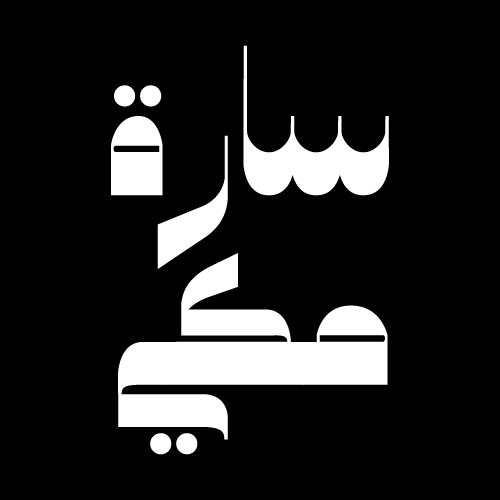
In today’s globalized world, effective communication across languages and cultures is essential for building connections, fostering understanding, and driving progress. Yet, language barriers often stand in the way, hindering meaningful interaction and collaboration. This is where the vital role of translation comes into play. As a professional translator, Sarah Maki understands the importance of breaking down these barriers to facilitate communication in Arabic, German, and English. In this article, we’ll explore the indispensable role of translation in bridging linguistic divides and enabling seamless communication across diverse linguistic landscapes.
- Facilitating Cross-Cultural Exchange: Translation serves as a powerful tool for promoting cross-cultural exchange and understanding. By translating texts from one language to another, translators like Sarah facilitate the sharing of ideas, perspectives, and experiences across cultures. Whether it’s translating literary works, academic research, or business documents, translation enables individuals from different linguistic backgrounds to engage with and learn from each other’s cultures, fostering empathy, respect, and mutual appreciation.
- Empowering Global Communication: In our interconnected world, where businesses operate on a global scale and individuals connect across borders, effective communication is paramount. Translation plays a crucial role in enabling this communication by breaking down language barriers and facilitating interaction between people who speak different languages. Whether it’s translating marketing materials, website content, or legal documents, translation ensures that information is accessible and understandable to a diverse audience, empowering global communication and collaboration.
- Promoting Diversity and Inclusivity: Translation promotes diversity and inclusivity by making information accessible to speakers of different languages and cultural backgrounds. By translating content into multiple languages, organizations can reach a broader audience and ensure that their message is inclusive and representative of diverse communities. Translation also allows individuals who speak minority languages to participate fully in society, access essential services, and exercise their rights, promoting social inclusion and equality.
- Preserving Cultural Heritage: Translation plays a crucial role in preserving and promoting cultural heritage by making literary and cultural works accessible to a global audience. Translators like Sarah Maki contribute to the preservation of cultural heritage by translating classic literature, folk tales, and historical texts from Arabic, German, and English into other languages. Through translation, cultural treasures are preserved, shared, and celebrated, enriching the cultural tapestry of humanity and fostering appreciation for diverse cultural traditions.
- Driving Economic Growth: Translation is also a driver of economic growth, enabling businesses to expand into new markets and reach customers worldwide. By translating marketing materials, product descriptions, and user manuals into multiple languages, businesses can overcome language barriers and tap into new opportunities for growth and expansion. Translation services also play a vital role in facilitating international trade, legal transactions, and diplomatic negotiations, driving economic development and prosperity.
In conclusion, translation plays a fundamental role in breaking down barriers and facilitating communication in Arabic, German, and English. By promoting cross-cultural exchange, empowering global communication, promoting diversity and inclusivity, preserving cultural heritage, and driving economic growth, translation contributes to a more connected, inclusive, and prosperous world. As we continue to navigate the complexities of our multilingual world, let us recognize the indispensable role of translation in bridging divides and building bridges between languages and cultures.
